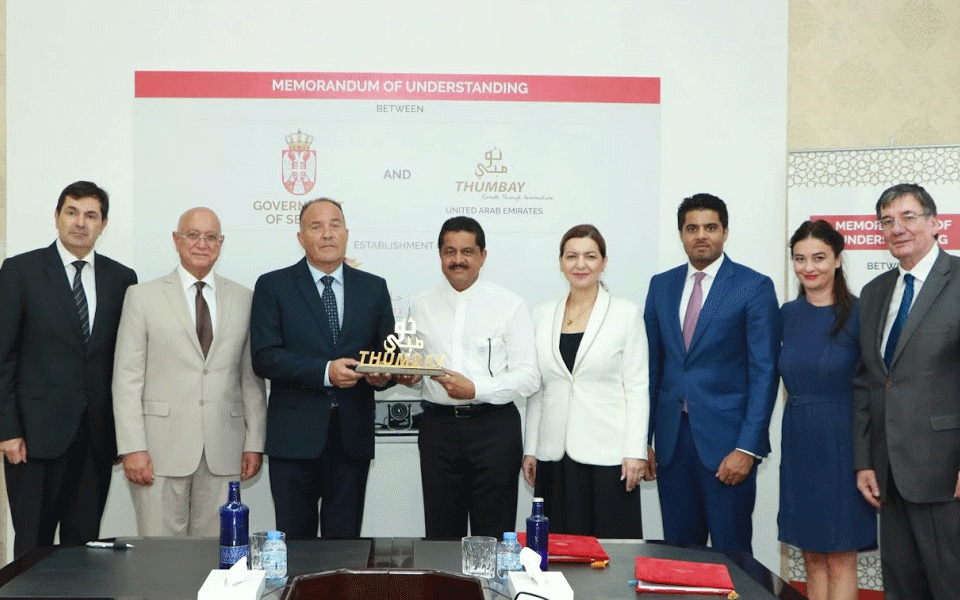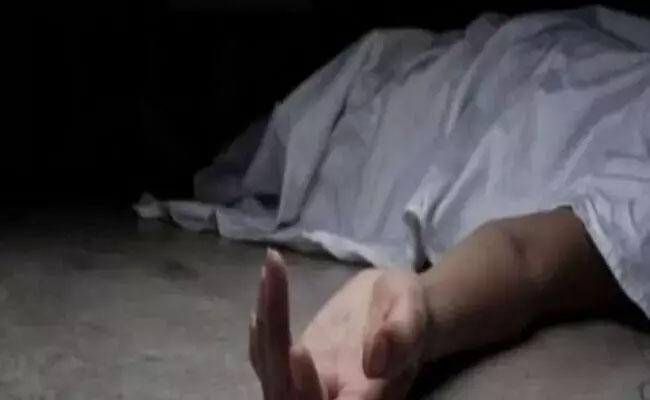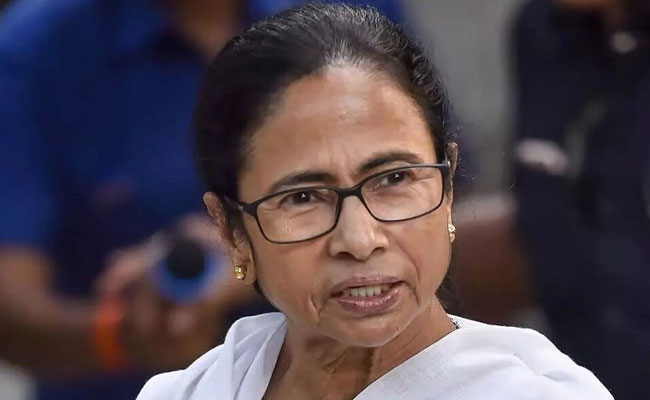UAE(Ajman), Oct 23: Thumbay Group signs MoU with Serbian government to establish Gulf Medical University, Thumbay Hospital in Serbia.
Thumbay Group has entered into an agreement with the Government of Serbia, to establish Gulf Medical University and Thumbay Hospital in Belgrade. The agreement was signed on 22nd October 2018 by Dr. Thumbay Moideen, Founder President of Thumbay Group on behalf of Thumbay Group and Dr. ZlatiborLoncar- Minister of Health of the Republic of Serbia and Teaching Assistant, Faculty of Medicine, University of Belgrade and Prof. MladenSarcevic – Minister of Education of the Republic of Serbia, representing the Serbian government.
Besides the ministers, the high-level delegation from Serbia included Prof. Dr. SanjaRadojevic-Škodric- Director of National Health Insurance Fund and professor of Faculty of Medicine, University of Belgrade; Prof. DrMilikaAsanin- Director of the Clinical Center of Serbia and Professor of the Faculty of Medicine, University of Belgrade, Ms. Ana LangovićMilićević - Deputy Minister of Education and Mr. Marko Pavlovic- Advisor of Minister of Health. The delegates were presented with the mission and future directions of Thumbay Group and Gulf Medical University and they toured the advanced facilities for education and research at Thumbay Medicity. The MoU was signed in the presence of the Serbian Ambassador to UAE.
Thumbay Group’s University and hospital in Belgrade will be built in phases, expected to be fully operational in 2020. “Thumbay Group is looking for equity partners to invest in the project, and we are preparing to go public by 2023,” said Dr. Thumbay Moideen. He further said that Thumbay Group was honored to sign the MoU with the government of Serbia. “We look forward with great enthusiasm to strengthening our collaborations and to provide new opportunities for mutual cooperation in the areas of education, healthcare and research, our three core areas.
Dr. Thumbay Moideen added that the MoU was part of Thumbay Group’s strategic plans which aim to increase the size of its businesses about ten times and increase its employee strength to 25,000 by 2022, apart from expanding its global spread. Accordingly, the group plans to open three new University campuses across 3 different countries. In addition, the strategic plans also envision an increase in capacity of the Thumbay academic hospital network to 1000 beds in the UAE, 1,500 beds in India and 750 beds elsewhere in the Gulf and in Africa.
Two more agreements were signed with the delegation. The clinical cooperation agreement between Clinical Center Serbia and Thumbay Group for clinical training of the students of Gulf Medical University – Belgrade, was signed by Dr. Thumbay Moideen with the Dean, University of Belgrade and Director – Clinical Training Center – Belgrade. The MoU between Clinical Center Serbia and Gulf Medical University – UAE for academic cooperation was signed by Prof. Hossam Hamdy, Chancellor of GMU with the Dean, University of Belgrade and Director – Clinical Training Center – Belgrade.
Owned and operated by Thumbay Group, Gulf Medical University (GMU), Ajman is the biggest private medical university in the Middle East region. Founded in 1998, it has students from over 80 countries and faculty/staff from around 25 countries. The Gulf Medical University Academic Health System (GMUAHS) is the first of its kind in the region’s private sector. Thumbay Hospital is the biggest private academic hospital network in the region, operating under the healthcare division of Thumbay Group and serving patients from around 175 nationalities. GMU together with the Thumbay Hospital network trains close to trains close to 20 percent of the doctors and 60 percent of the healthcare professionals in the UAE.
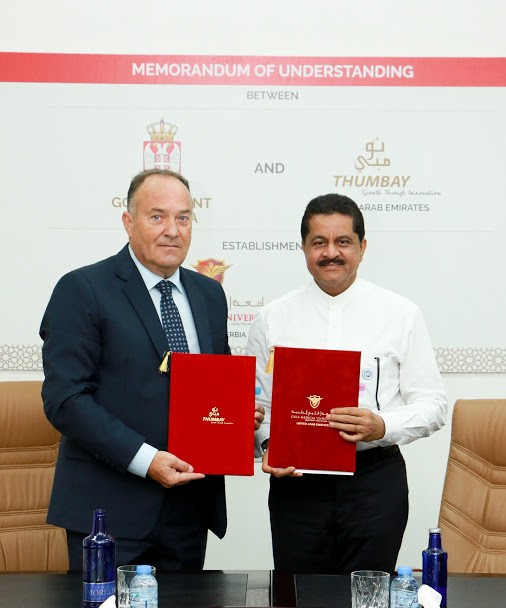
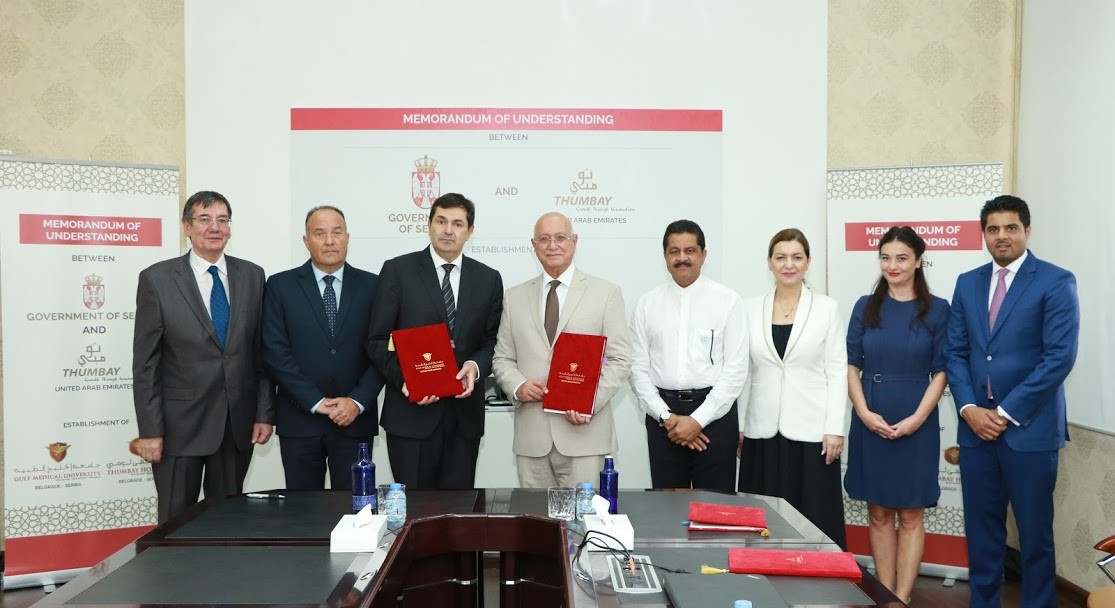
Let the Truth be known. If you read VB and like VB, please be a VB Supporter and Help us deliver the Truth to one and all.
Medininagar (PTI): A couple and their 18-year-old son were allegedly hacked to death over suspicion of practising witchcraft in Jharkhand's Palamu, police said on Sunday.
Their minor daughter was also injured in the attack late on Saturday, a police officer said.
The bodies were recovered from their house on Sunday in Panki police station area, he said.
“Initial investigation suggests that the case is related to witchcraft suspicion,” Manoj Kumar Jha, Sub-Divisional Police Officer (SDPO) of Lesliganj told PTI.
A manhunt is on to nab the culprits, Jha said.
The girl suffered severe injuries and has been admitted to a government hospital, he said.
The deceased have been identified as Vijay Bhuiyan (45), his wife Kalia Devi (40), and their son Chotu Bhuiyan.
The bodies have been sent to Medinirai Medical College and Hospital (MMCH) for post-mortem examination.

